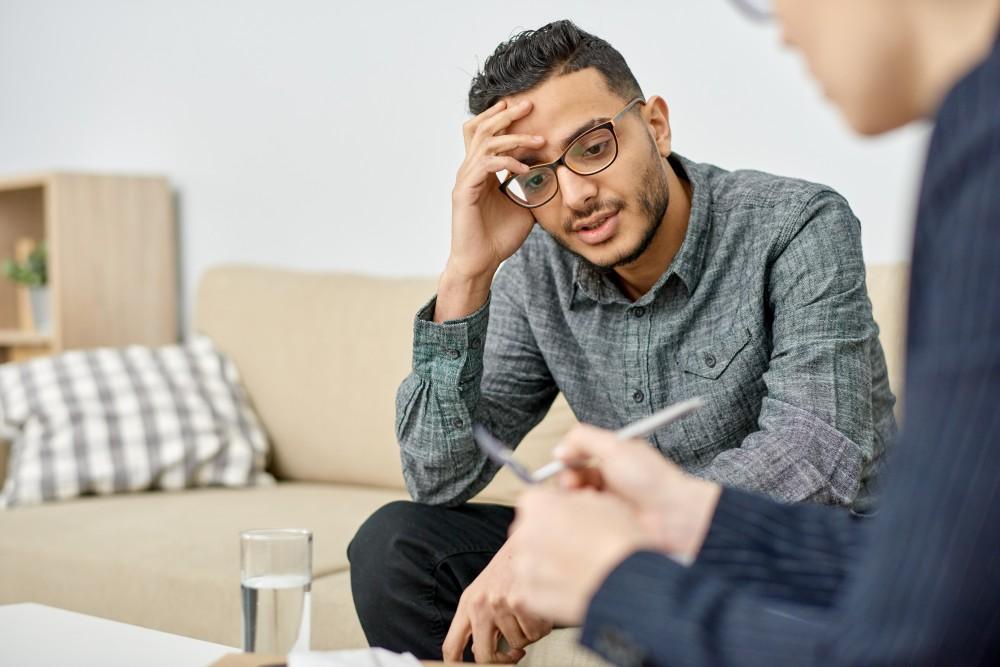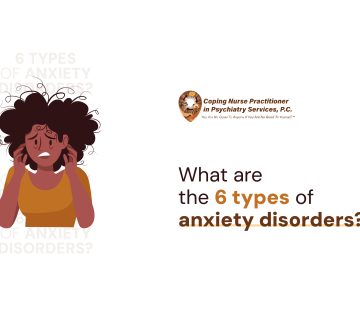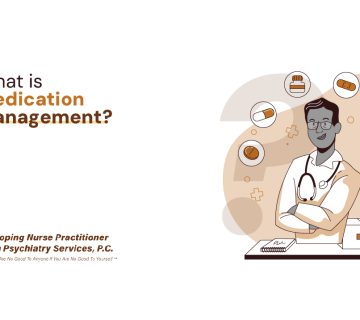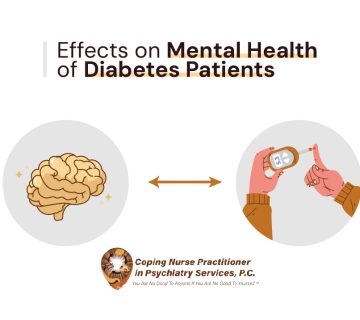Watching your loved one struggle with an opioid addiction is never easy. It can even feel hopeless at times. But with the right treatments, your loved one can make a complete recovery.
At Coping Nurse Practitioner in Psychiatry Services in Uniondale, New York, Judy E. Vansiea, DNP, MA, MS, APRN, NPP, provides a holistic approach to treating substance abuse that incorporates therapy. Psychotherapy is often the cornerstone of a successful addiction treatment program because of the many ways it can help in recovery.
Here are just some of the ways therapy can help your loved one’s opioid addiction.
Getting to the root of the issue
Therapy is more than just talking about your problems. Through therapy, your loved one will explore the triggers for their opioid use and learn why they feel the need to use.
Whether their addiction developed as a result of managing pain or something else, we help your loved one discover the underlying cause of their opioid addiction so they can work on resolving those issues.
Both individual and group therapy can be effective. Individual therapy allows us to work one-on-one to process specific issues, while group therapy provides a support network and peer feedback that can be invaluable.
Developing healthy coping skills
As your loved one begins working through their issues during therapy, we also teach them healthy coping skills so they no longer feel the urge to use when they encounter a trigger.
This may involve developing opposite actions that steer them away from using or encouraging them to avoid certain situations (or people) altogether.
Whatever they need to do to end their addiction, we can help them stop their drug-seeking behaviors so they can focus on healing.
Treating any co-occurring disorders
Therapy can effectively treat many mental health disorders that often co-occur with opiod addiction, including depression, anxiety, and PTSD. Often, these mental health disorders develop before an addiction even starts.
Treating addiction along with any co-occurring disorders can make for a more complete recovery.
Offering customized treatment
Though we specialize in cognitive behavioral therapy (CBT), many therapies can be used to help your loved one. These include:
- Trauma-focused therapy
- Motivational interviewing
- Strength-based therapy
- Christian counseling
- Family therapy
After an assessment, we determine which therapies will most help your loved one in their recovery.
Providing another outlet
Your loved one may not be comfortable talking to you about why they started using opioids, or how their addiction developed.
By talking with a therapist who understands addiction and encourages them to talk about their thoughts and feelings, your loved one may be better able to open up and begin working on their recovery.
We’re here to help your loved one recover from their opioid addiction in a compassionate and safe environment. To find out what type of therapy can best help your loved in their recovery, call our office or send us a message online today.





No comment